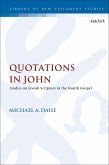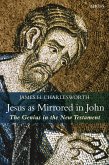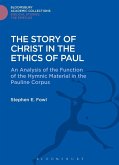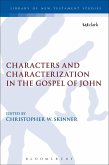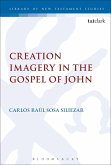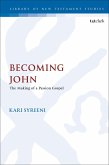Christopher Armitage considers previous theological perception of 1 John as a text advocating that God abhors violence, contrasted with biblical scholarship analysis that focuses upon the text's birth from hostile theological conflict between 'insiders' and 'outsiders', with immensely hostile rhetoric directed towards 'antichrists' and those who have left the community. Armitage argues that a peace-oriented reading of 1 John is still viable, but questions if the commandment that the community loves each other is intended to include their opponents, and whether the text can be of hermeneutic use to advocate non-violence and love of one's neighbour.
This book examines five key words from 1 John, hilasmos, sfazo, anthropoktonos, agape and adelphos, looking at their background and use in the Old Testament in both Hebrew and the LXX, arguing that these central themes presuppose a God whose engagement with the world is not assuaging divine anger, nor ferocious defence of truth at the expense of love, but rather peace and avoidance of hatred that inevitably leads to violence and death. Armitage concludes that a peacemaking hermeneutic is not only viable, but integral to reading the epistle.
This book examines five key words from 1 John, hilasmos, sfazo, anthropoktonos, agape and adelphos, looking at their background and use in the Old Testament in both Hebrew and the LXX, arguing that these central themes presuppose a God whose engagement with the world is not assuaging divine anger, nor ferocious defence of truth at the expense of love, but rather peace and avoidance of hatred that inevitably leads to violence and death. Armitage concludes that a peacemaking hermeneutic is not only viable, but integral to reading the epistle.



